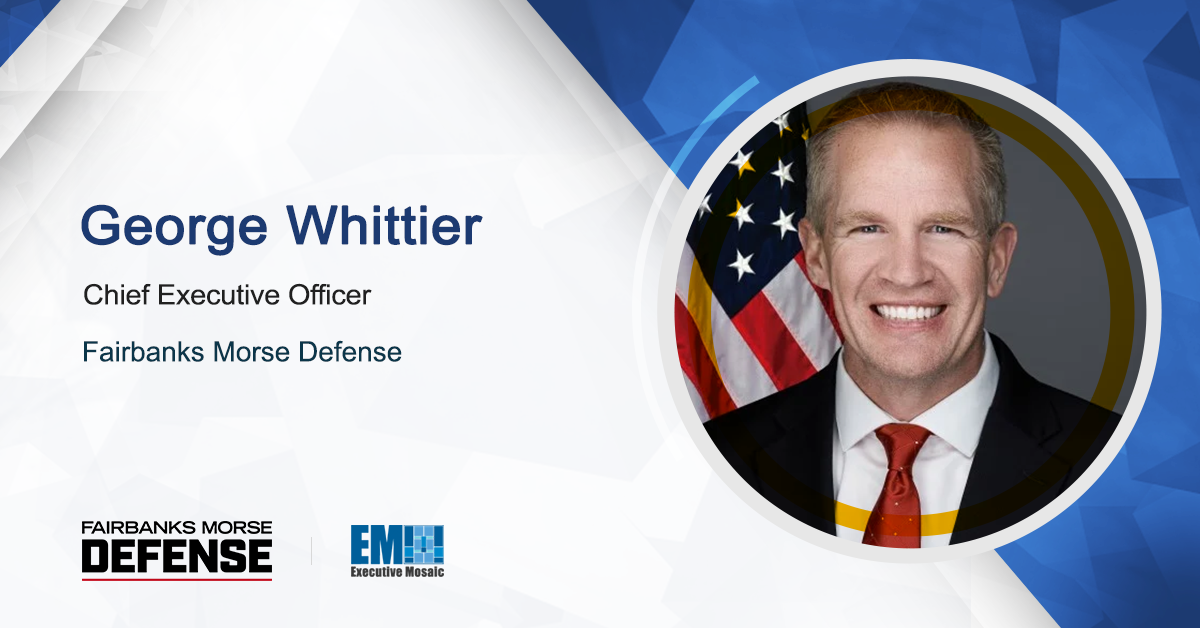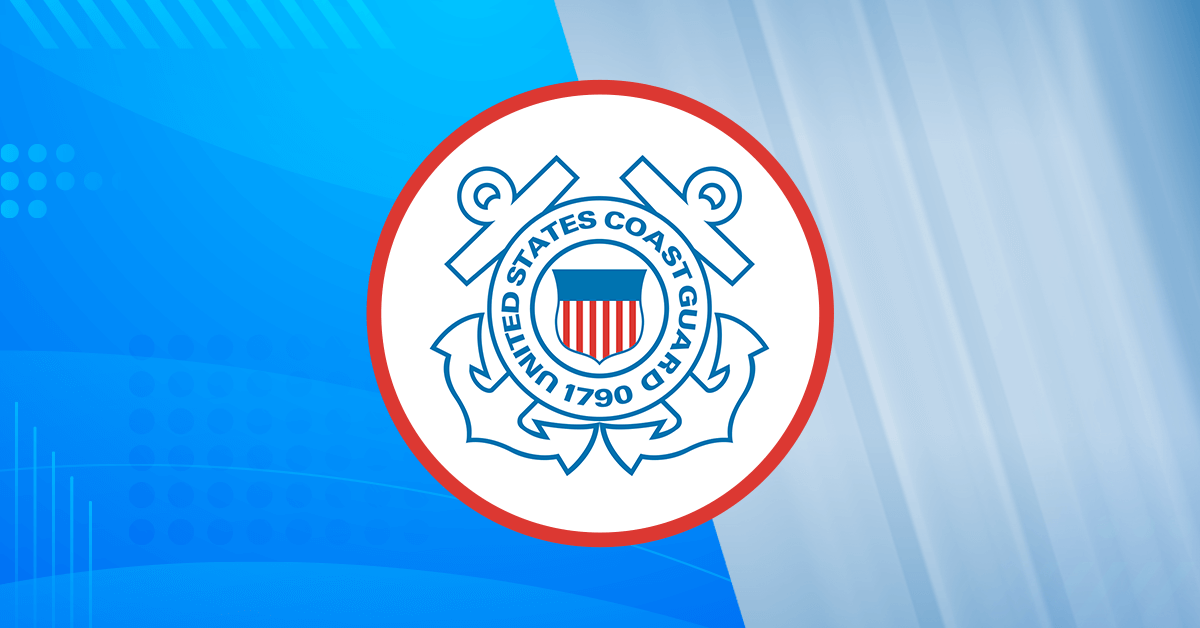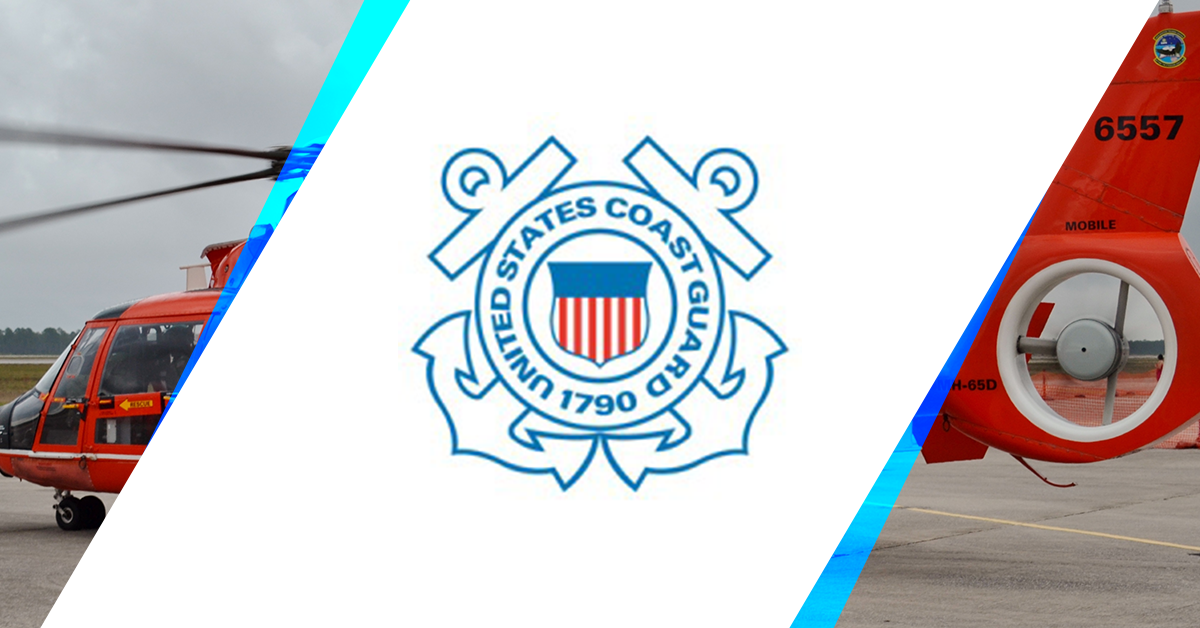Today, the influence of technology on homeland security is stronger than ever before. With cyberattacks now intertwined with more traditional homeland security threats, the U.S. Department of Homeland Security is racing to adopt the technologies necessary to tackle a shifting array of challenges.


At the Potomac Officers Club’s 2023 Homeland Security Summit on Nov. 15, experts from both the public and private sectors will come together to discuss the modern homeland security landscape and the ways the DHS is evolving to achieve mission success in an increasingly technology-driven world. Click here to learn more, and click here to register to attend.
The summit’s Securing Our Homeland: Technologies, Innovations and Priorities panel will feature influential technology leaders, who will come together to discuss the importance of technology modernization in DHS operations. The panel will be moderated by Chris Hagner, vice president and chief technology officer of LMI’s intelligence business.
Panelists include Rear Adm. Christopher Bartz, chief information officer and assistant commandant for C4 and information technology at the Coast Guard; Sunil Madhugiri, chief technology officer of Customs and Border Protection; Keith McCloskey, CTO of ECS’ homeland security and justice arm; and Kristin Ruiz, deputy assistant administrator and deputy CIO of the Transportation Security Administration.
Keep reading to learn more about our panelists and what technologies and practices they see shaping the future of the DHS and broader federal operations.
Rear Adm. Christopher Bartz, Coast Guard
In his role at the Coast Guard, Bartz is in charge of driving the service branch’s IT strategy forward.
Speaking at GovCon Wire’s Second Annual IT Modernization and Transformation Forum in November 2022, Bartz shared his cyber strategy for the Coast Guard, which is intended to accommodate the wide variety of missions within the service branch. One part of the strategy he highlighted is increasing cyberspace presence, part of which, he said, is cultivating a strong cyber workforce.
Sunil Madhugiri, Customs and Border Protection
As CTO of CBP, Madhugiri oversees the creation of new technologies and the organization’s related research and development and vendor engagement efforts.
Earlier this year, Madhugiri noted automation as a key technology for the federal government moving forward. In a report produced by Scoop News Group for FedScoop, Madhugiri said automation “is moving from the edges, all the way inside into the enterprise,” a shift he described as a “big change.” Currently, CBP is developing approximately 250 automation “bots,” the report said. The agency has already used automation to divert travelers during the Covid-19 pandemic, Madhugiri said.
Keith McCloskey, ECS
At ECS, McCloskey guides the company’s technology strategy for DHS, Department of Justice and Federal Bureau of Investigation Customers.
In a Q&A on ECS’ blog, McCloskey spoke about the May 2021 Executive Order aimed at improving the U.S.’ cybersecurity posture, which he said “will have far-reaching effects on both the public and private sectors.” He noted the push for cloud and the call for agency heads to review risks and establish security measures like zero trust and multi-factor authentication as forthcoming changes.
Kristin Ruiz, Transportation Security Administration
Ruiz was appointed to her dual-hatted role at TSA in May. She now helps lead the agency’s open architecture initiative, which she said is intended to “enable the greatest flexibility in designing new security checkpoints.”
In a LinkedIn post, she said the international deployment of computed tomography scanners “provides an opportunity to reinvent how security is delivered.” The “data rich” tools, said Ruiz, allow developers to create products that can use data to automate baggage screening.
Click here to secure your spot and hear our panelists’ insights in person!









